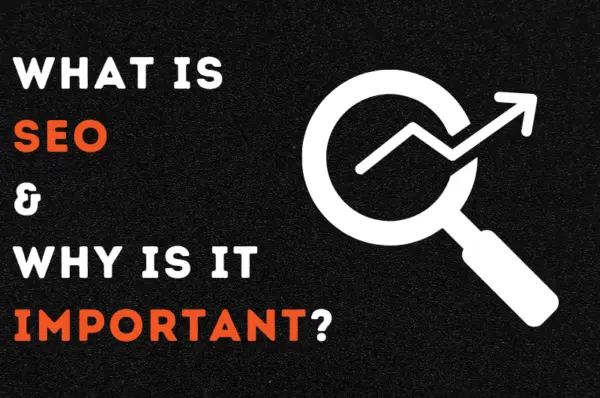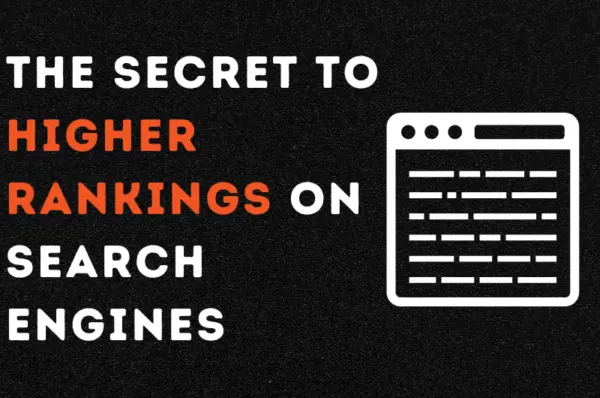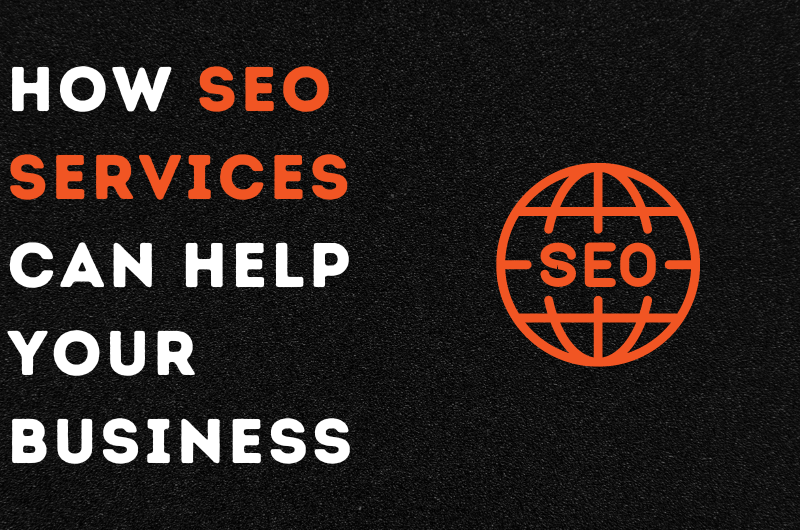In this blog, we will tell you what is search intent.
If you are running a business website, you might have heard about this term, search intent. People will tell you that it is important, and they are not wrong.
Due to the rise in the number of businesses in the UK, you need to be very precise with your marketing. You need to be objective while ensuring that you are reaching the right people.
Almost every business has a website to ensure that they are reaching their audience online. People will not know that you exist if you do not have a website that they can find on Google.
However, just having an online presence is not enough. What matters more is that you are influencing people to purchase your products and services. Otherwise, there is no benefit to investing in a website.
That is where search intent comes in. In this comprehensive blog, we will tell you what is search intent. In addition, you will be told about the types of search intents.
Lastly, we will answer a popular query on the internet, “What are the 3 Cs of search intent?”. Let’s begin!
Click here to learn about the best SEO agency in London!
What is Search Intent?
So, what is search intent?
Well, search intent, in simple terms, refers to the reason why someone is searching on the internet. Whenever a user searches the internet, they have an objective that they want to fulfil.
Some people might be just looking for information, whereas others might want to purchase a product. Only they know the true reason behind their search inquiry. However, wouldn’t it be useful if you knew what they were looking for?
Well, that is where search intent comes in. You can precisely provide your visitors with the content that they are looking for. You might be wondering how one does this.
The answer is simple: you identify the keywords that give away the search intent of a user and then write content using that keyword. You ensure that you are targeting the different keywords so that all search intents are covered.
To do this, you create content using keywords for each search intent. It may sound difficult, but if you have the right team, you won’t have a problem. Many businesses are doing it, and now so can you.
What are the 4 Types of Search Intent?
Now that you know what is search intent, let us discuss its types.
Search intent mainly has four types. It can be categorised according to the search intent behind a search query. Below, we have listed four main categories of reasons why a person may make a search inquiry:
1. Informational
The biggest internet queries are informational.
Most people are looking for information about different things they do not know about. They will mostly search using keywords such as “what is” and “how to.”
Now it might make sense to you why your competitors are writing guides on their blogs. You need to ensure that you are reaching the maximum number of people, and that’s why this search intent is very important to cover.
Not only will there be a larger number of visits to your website, but you will also be seen as more credible. If you provide helpful information to users, they will start trusting you more and might revisit your website.
There is potential to convert them into regular visits and then loyal clients.
2. Navigational
Have you searched to find the home page website? This is known as navigational intent.
These searches are usually made using keywords such as “homepage” and “login.” The users have most likely already visited your website before, and they are having trouble finding that page again.
So, they tell the search engine about the page that they are looking for. They are trying to navigate through your page, and that is why this is a navigational search intent.
Therefore, it is important to use these keywords on your main pages. Let search engine algorithms know what a webpage carries.
If the search engine knows what a webpage is about, it will assist the users in finding it more easily.
3. Transactional
We cannot write a blog on what is search intent and not talk about transactional search intent.
As the name suggests, if a person is searching with a transactional intent, they are most likely ready to make a purchase. These keywords include words such as “buy,” “purchase,” etc.
When someone makes this search, they are ready to make a decision. Therefore, they do not require a blog. They need a page that makes them purchase the product and service that you are selling.
This is why businesses use these words on landing pages. This page is specifically designed to make a sale with just a few clicks. You will be giving brief information about the product, but that is not the main purpose.
So use these words to create separate landing pages that are designed to make a sale and urge the user to do so.
4. Commercial
The last category is commercial search intent.
It is similar to transactional intent, but here the person is not so sure. They are still thinking, and they require more information about the product before they can come to a decision.
You must have also searched to compare two products before choosing between them, right? That is exactly what a commercial search intent is.
These keywords include words such as “best phone” and “iPhone vs. Samsung.”. As people are looking for information, these keywords are usually covered in blogs. A blog allows you to elaborate on the topic to provide clear and convincing information.
However, if you are writing commercial content, it is always better to use CTAs. CTAs, or call-to-actions, urge the user to make a decision and purchase a product from you.
Commercial content is usually written for services that a company is selling and then linked to a landing page. Users can simply click on the landing page if they feel that they have all the information they need to make a final purchase.
If you need content creation expertise, check out our services!
What are the 3 Cs of Search Intent?
By now, our readers should know what is search intent and its four types. Let’s move ahead.
In this section, we will tell you about a popular query regarding search intent. You might have also heard about the 3 Cs. If you haven’t, then you should know what they are. We have listed them below to help our users:
1. Content Type
Before you start publishing content, the first thing that you should know is what type of content you are writing.
This choice does not depend on your preference but on the user’s demand. Ask yourself whether your user is looking for a blog, an article, or something else. Your keyword tells you what type of content you should be writing.
If your keyword is informational, you will need more space to give the appropriate information. Therefore, websites usually prefer creating videos and blogs for this search intent.
If your keyword suggests that the user is ready to buy, you need to facilitate them. Give them a page that they can click on and make a purchase. If you delay this by adding additional steps, you may miss out on crucial business.
2. Content Format
The next C refers to the content format.
Now that you know what type of format you require for a keyword, you should know how to get it down on paper.
Ask yourself: What does a person require for this keyword? Do they want to know about everything, or just a small portion of the whole topic? This will help you develop an outline.
If they are looking for a comparison, the better idea might be to make a table. And if they need a guide, you should write down a guide that helps them through each step.
3. Content Angle
The last one is the content angle. Unlike the previous two, you will need some expertise to get it right.
Every keyword demands a different type of angle. For some pages, you might have to be neutral,neutral whereas for others, you might need to sell.
Therefore, decide what type of angle the page requires. Use that tone to speak out to your visitor.
If you are looking for a team of SEO experts to run your website, contact us!
A Quick Review
Alright, that’s all, but let’s just do a quick review of what is search intent.
Search intent is the reason why a person uses the internet to make a query. Everybody has an objective when they are searching for something, and knowing that reason can be useful.
There are four categories of search intent. Informational search intent means that the user is looking for information, whereas navigational search intent means that they are looking for a specific page.
If it is transactional, then the person is ready to purchase, whereas a commercial search inquiry means that they still need some convincing.
There are three Cs of search intent that everyone should know. These include content type, content format, and content angle. We recommend studying the blog in depth to build a better understanding.
At SEO Syrup, we understand that if you are running a business, you will not have the time to focus on your website. That is why we provide you with a team of SEO experts and content creators to get the job done. Click here to get an instant quote!



